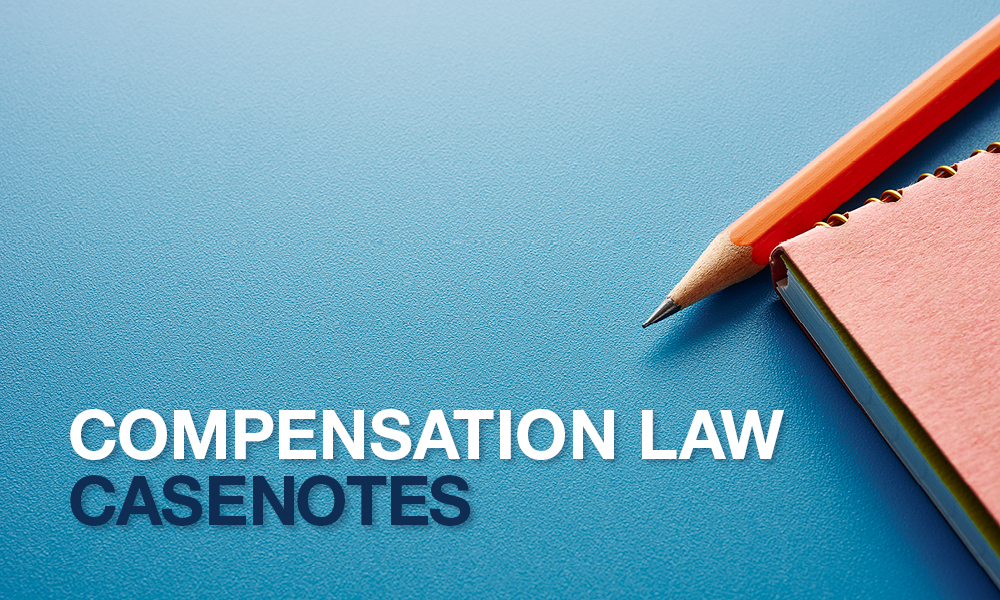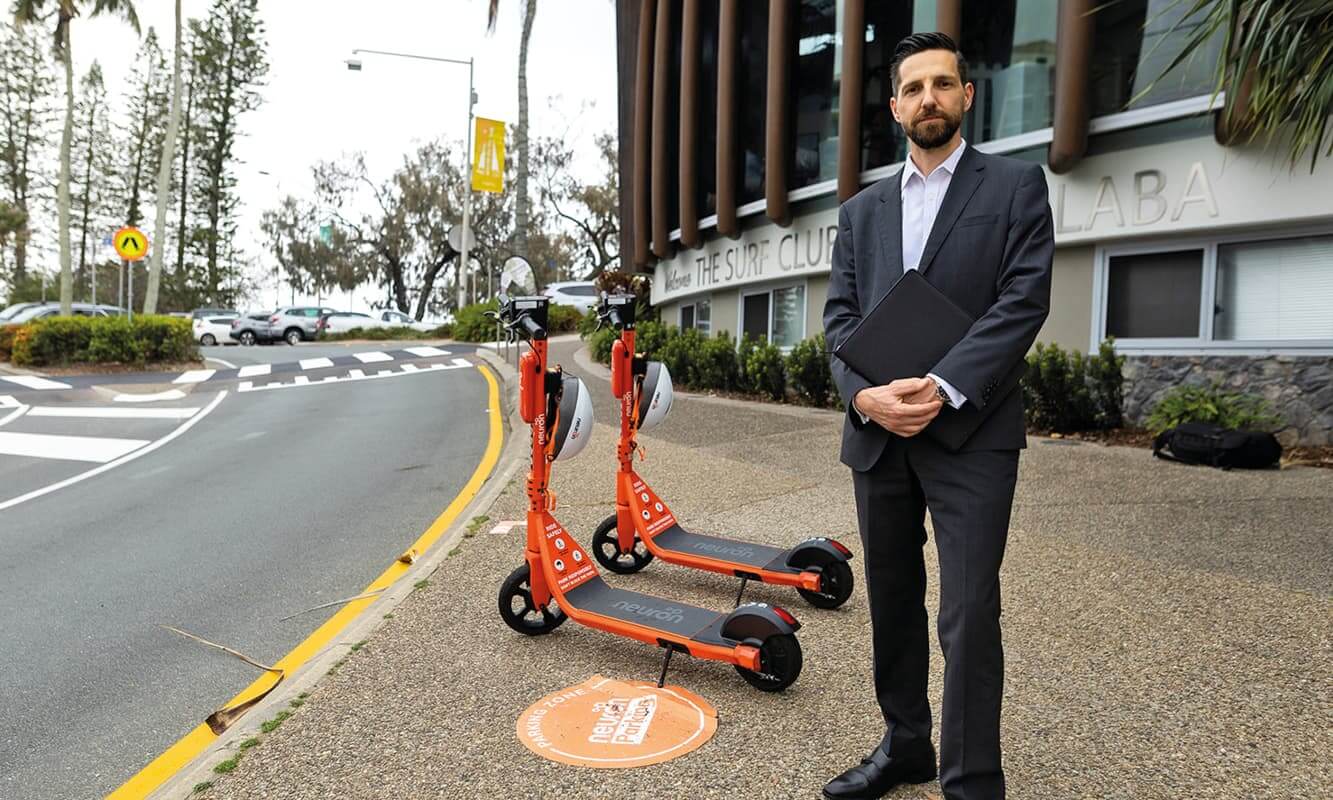…whether other employee’s wrongful act in course or scope of employment
Mr Schokman (the respondent) was employed as a food and beverage supervisor at Daydream Island Resort and Spa by the appellant (CCIG Investments Pty Ltd).
As part of his employment contract, the employer provided low-cost shared accommodation, which he shared with a Mr Hewett. On 6 November 2016, the respondent spent some time at the staff bar after work, where Mr Hewett was also having drinks.
When the respondent returned to his room, Mr Hewett remained at the bar but was not overly intoxicated. At about 3am Mr Hewett returned to the shared accommodation. Soon thereafter, the respondent woke in a distressed condition, unable to breathe, and saw Mr Hewett standing over him and urinating on his face. Mr Hewett was significantly intoxicated.
The trial judge found in favour of the employer on the basis that it was not vicariously liable for Mr Hewett’s conduct. The Court of Appeal of Queensland, however, allowed Mr Schokman’s appeal, finding instead that this case was analogous to Bugge v Brown (1919) 26 CLR 110. This was on the basis that the terms of his employment required him to reside in shared accommodation, therefore there was sufficient connection between the employment and Mr Hewett’s action.
The employer appealed to the High Court, which had to consider whether, in the circumstances, the employer was vicariously liable for the conduct of Mr Hewett which caused injury to Mr Schokman.
Decision
The appeal was successful, with the High Court unanimously finding that the employer was not vicariously liable for the actions of Mr Hewett in urinating on the respondent.
Ratio
Kiefel CJ, Gageler, Gordon and Jagot JJ
For an employer to be held liable for the tortious conduct of its employee, it is necessary to prove the tortious conduct was committed in the course or scope of the employment. This well-established rule sets the limits to an employer’s vicarious liability. Whether an employee’s conduct is within the course or scope of their employment depends on the circumstances of the case.
As a general rule, it is necessary to identify what the employee was actually employed to do and held out as being employed to do. In combination with an examination of previously decided cases for guidance, it needs to be established that there was a sufficient connection between the employment and the act.
An unauthorised, intentional, or even criminal act may be committed in the course or scope of employment, such as to render the employer liable. But, the employer will not be liable for acts so remote from the employee’s duties as to be unconnected with their employment.
Having examined a number of cases,1 their Honours determined that, for an act to be considered to be in the course or scope of employment, something more is necessary than the employment merely created the opportunity for the act to take place. Features such as authority, power, trust, control and ability to achieve intimacy may point to a connection between employment and the act.
Their Honours distinguished this case from Prince Alfred College2 because Mr Hewett was not assigned any special role, authority or power over Mr Schokman. The shared accommodation merely provided the opportunity for Mr Hewett’s drunken actions, but that was an insufficiently strong connection with the employment to establish vicarious liability. Nothing in this case pointed to the drunken act being authorised, required or incidental to the employment.
Edelman and Steward JJ
Their Honours critiqued the approach of courts to the question of vicarious liability, identifying three areas of law described as “vicarious liability”. First, when vicarious liability is used in the sense of attribution of acts, such that a defendant is liable because the acts of another are attributed to the defendant (i.e. defendant expressly or impliedly authorised or agency). This is not vicarious liability.
Second, when vicarious liability is used in the sense of attributing liability, such that because of the powers and duties of employment, and the closeness of the connection between the employee’s wrongful act and those powers and duties of employment, the employer is attributed liability. This is true vicarious liability.
Third, when vicarious liability describes a non-delegable duty, because of the nature of the relationship of proximity, it gives rise to a duty of care of a special, more stringent kind. The nature of the relationship includes care, supervision or control of another or their property.
Their Honours identified the issue as: whether Mr Hewett’s employment powers or duties were sufficiently, or closely, connected with his wrongful act, that the act could be said to have occurred in the course of his employment. Mr Hewett’s employment powers and duties were as a restaurant team leader.
Their Honours then considered it necessary to characterise, at an appropriate level of generality, his wrongful act, to determine whether the act was sufficiently or closely connected with his employment. The wrongful act was that of urination.
Their Honours were not satisfied that the circumstances of Mr Hewett’s urination on Mr Schokman were sufficiently, or closely, connected with any authorised powers or duties of his employment. The mere physical proximity of Mr Hewett via shared accommodation was insufficient.
The act was not performed during work hours; it was during his leisure time and did not occur at the place of employment. The wrongful act was not performed at a time and place where the employer was permitted to be present or to monitor him.
Gleeson J provide a short analysis of previous cases consistent with that of the balance of the court, and agreed that Mr Hewett’s conduct did not have a connection with his employment.
This compensation law casenote appears courtesy of Travis Schultz & Partners (TSP), where the author, Greg Spinda, is a Special Counsel. As part of the firm’s commitment to providing ongoing legal education, TSP practitioners review relevant judgments and prepare case summaries for the legal profession. A free searchable catalogue of compensation law casenotes is available at schultzlaw.com.au/case-summaries (registration required). The full version of the judgments can be found at austlii.edu.au.
Footnotes
1 Including: Prince Alfred College Ltd v ADC (2016) 258 CLR 134; Deatons Pty Ltd v Flew (1949) 79 CLR 370; Various Claimants v WM Morrison Supermarkets Plc [2020] AC 989; Morris v C W Martin & Sons Ltd [1966] 1 QB 716.
2 Prince Alfred College Ltd v ADC (2016) 258 CLR 134.














Share this article